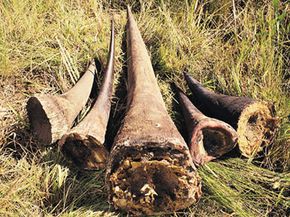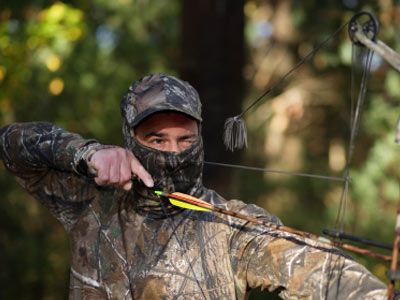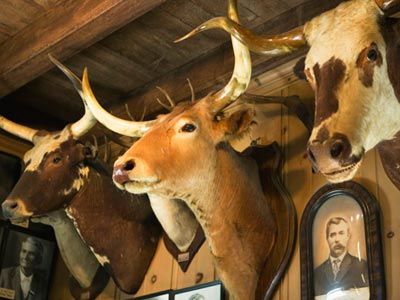Poaching is the illegal taking of wild animals, fish or plants. It dates back to the Middle Ages, when the first laws were enacted to prohibit the act.
Though there was a time when poachers were thought of as heroes -- taking from the rich to give to the poor -- that perspective seems to be a thing of the past. Poaching is a serious issue that has detrimental effects around the globe.
Advertisement
From killing just one deer over the legal bag limit to harvesting tons of animal parts, poaching in any form is illegal and laws are getting tougher to discourage it. If convicted, you can now be charged with a felony and be sent to prison. All across the world citizens and law enforcement officials are working together to combat this problem.
In this article, you'll learn about the history of poaching, how it started and how it evolved.
You'll see how it differs greatly from the poaching of the past, as well as the consequences. We will also discuss poaching laws, and how not so long ago, poaching meant a long voyage to small country, or even being hanged to death.
Lastly, we talk about the consequences of poaching and just a few of the countries that are trying to slow down black market operations and the slaughter of thousands of protected and endangered species.
If you are aware of poachers in your area, you can contact your local law enforcement agency and report them. Every state has a hotline to call to report poachers, and most even offer rewards.
Continue reading to learn how this whole thing started.
Advertisement



